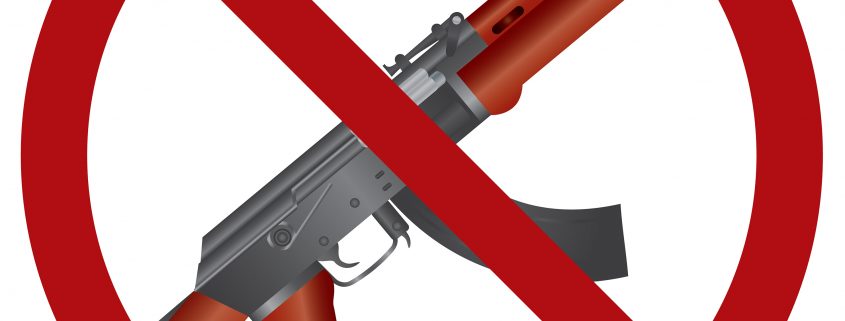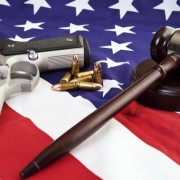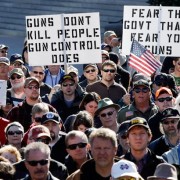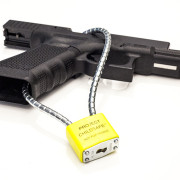Massachusetts AG Unilaterally Rewrites Assault Weapons Ban
In a proclamation sent out this morning, Attorney General Maura Healey explained in an opinion piece published in the Boston Globe that the law no longer meant what it had meant since 1998, but instead would mean what she wanted it to mean:
The Massachusetts assault weapons ban mirrors the federal ban Congress allowed to expire in 2004. It prohibits the sale of specific weapons like the Colt AR-15 and AK-47 and explicitly bans “copies or duplicates” of those weapons. But gun manufacturers have taken it upon themselves to define what a “copy” or “duplicate” weapon is. They market “state compliant” copycat versions of their assault weapons to Massachusetts buyers. They sell guns without a flash suppressor or folding or telescoping stock, for example, small tweaks that do nothing to limit the lethalness of the weapon.
That will end now. On Wednesday, we are sending a directive to all gun manufacturers and dealers that makes clear that the sale of these copycat assault weapons is illegal in Massachusetts. With this directive, we will ensure we get the full protection intended when lawmakers enacted our assault weapons ban, not the watered-down version of those protections offered by gun manufacturers.
The directive specifically outlines two tests to determine what constitutes a “copy” or “duplicate” of a prohibited weapon. If a gun’s operating system is essentially the same as that of a banned weapon, or if the gun has components that are interchangeable with those of a banned weapon, it’s a “copy” or “duplicate,” and it is illegal. Assault weapons prohibited under our laws cannot be altered in any way to make their sale or possession legal in Massachusetts.
We recognize that most residents who purchased these guns in the past believed they were doing so legally, so this directive will not apply to possession of guns purchased before Wednesday. In the dozen years since the federal assault weapons ban lapsed, only seven states have instituted their own assault weapons ban. Many of those bans have been challenged (unsuccessfully) by the gun industry, and we anticipate our directive may be too. But our job is to enforce state laws and to keep people safe. This directive does both.
The real question is: keep people safe from who?










